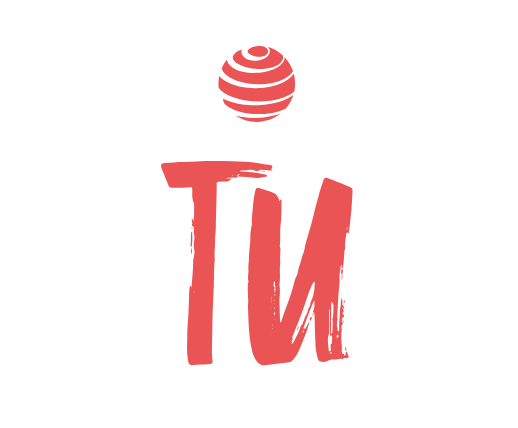The number of individuals operating their own enterprises or working from home as freelancers has increased substantially in recent years, coinciding with the expansion of the labor economy. Although this approach provides considerable autonomy and flexibility, it is not without its difficulties, especially in regards to tax deductions and tax preparation. Maximizing tax savings and navigating the intricate realm of tax regulations frequently present challenges for freelancers. Notwithstanding this, home-based enterprises can potentially maximize their tax deductions and adhere to legal regulations with the proper information and resources.
Understanding the various categories of taxes to which freelancers are subject is an initial step in maximizing tax deductions for home-based enterprises. Freelancers bear the financial burden of both income tax and self-employment taxes, in contrast to traditional employees who have these obligations deducted from their payments. Assigned to the freelancer’s net earnings from self-employment, self-employment tax is essentially their Social Security and Medicare contribution.
Freelancers may employ a 1099 tax calculator in order to precisely compute self-employment tax and organization quarterly tax payments. To provide an estimate of the amount owed, this application considers a number of variables, including income, deductions, and tax rates. Freelancers can ensure they have sufficient funds set aside for quarterly tax payments and will not underpay or overcharge their taxes by utilizing a 1099 calculator.
A comprehensive comprehension of the self-employment tax deductions available to freelancers is an additional critical element in optimizing tax deductions for home-based enterprises. By substantially decreasing taxable income, these deductions can effectively diminish the tax liability. Several frequent tax deductions for self-employment encompass:
- 1.A portion of the rent or mortgage interest, utilities, and other pertinent expenses can be deducted by freelancers who utilize a portion of their residence exclusively for business purposes as a home office deduction. As the principal place of business, the home office must be utilized frequently and exclusively for business purposes in order to qualify for this deduction or you could face a penalty from the tax authority.
- Deductibility of Business Expenses: Freelancers are permitted to deduct a wide range of expenses that are pertinent to their livelihood, including marketing costs, software subscriptions, office supplies, and professional development courses. Thorough documentation and receipts are imperative in order to provide audit support for these deductions.
- Health insurance premiums may be deducted by freelancers, including those for their spouse and dependents, who do not qualify for employer-sponsored health insurance. Self-employed individuals may be able to obtain substantial tax savings through this deduction.
- Retirement Contributions: Freelancers retain the ability to deduct these contributions from their taxable income by contributing to retirement plans, such as a Simplified Employee Pension (SEP) IRA or a solitary 401(k). Freelancers are able to save for the future while simultaneously reducing their tax liability.
Independent contractors ought to contemplate the utilization of a self-employment tax deductions calculator in order to optimize tax deductions and guarantee precise computations. This application generates an approximation of the taxable income and tax liability by considering the diverse array of available deductions. Freelancers can maximize their tax savings by diagnosing potential deductions they might have failed to consider through the use of a self-employment tax deductions calculator.
Freelancers must recognize the significance of submitting quarterly tax payments, in addition to the utility of tax calculators. Freelancers are obligated to remit estimated tax payments weekly, in contrast to traditional employees who have taxes deducted from their paychecks. Damnation and interest charges may ensue for noncompliance.
Freelancers may employ a quarterly tax calculator to ensure precise computation and strategic preparation of quarterly tax obligations. For the purpose of calculating the quarterly obligation, this utility considers the estimated income, deductions, and tax rates of the freelancer. Freelancers can guarantee timely settlement of their tax obligations and prevent unpleasant surprises by utilizing a quarterly tax calculator.
Understanding the various types of taxes to which freelancers are subject, utilizing tools such as 1099 tax calculators and self-employment tax deduction calculators, and submitting quarterly tax payments are, in conclusion, elements of a comprehensive strategy that maximize tax deductions for home-based businesses. Freelancers can enhance their tax savings and guarantee adherence to tax regulations by capitalizing on accessible deductions and accomplishing precise tax liability estimations. Aside from maximizing tax deductions and submitting taxes accurately, it is critical for independent contractors to remain current on tax laws and, if necessary, to seek the advice of a tax expert.



